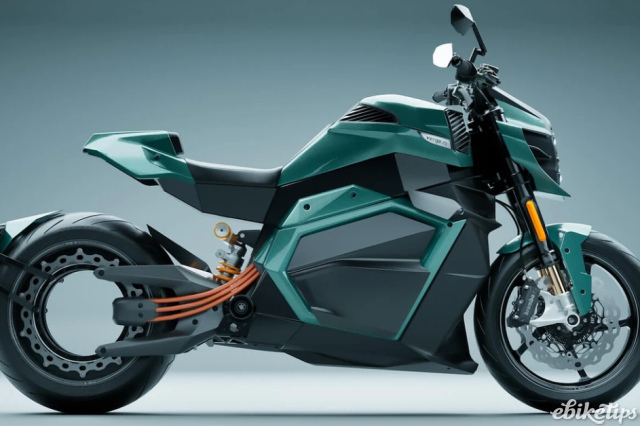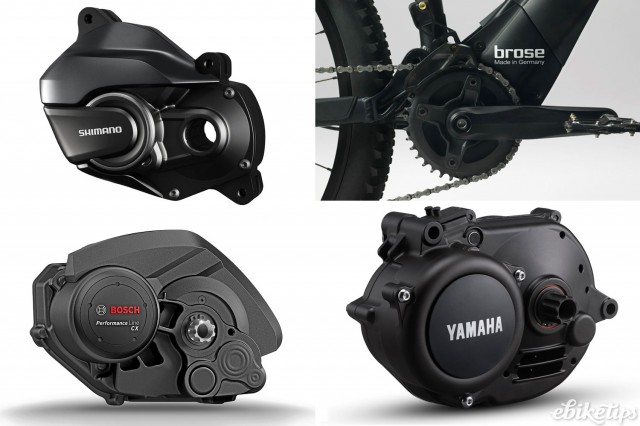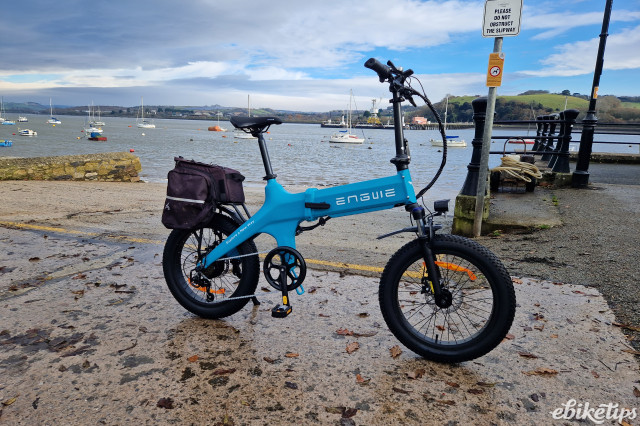German mid-drive conversion kit specialist Pendix have announced the launch of the gDrive, with a fuller reveal and more detail to come at Eurobike, which is due to take place in Frankfurt from June 21-25.
On the face of it, the Pendix gDrive sounds like a conventional geared mid-drive of the kind produced so successfully by the 'Big Four' of Bosch, Brose, Shimano and Yamaha. But it's also a departure for Pendix who were previously best-known for their direct gearless mid-drive retrofit system.
Our 2017 review of the existing gearless system found the build quality exemplary but the power delivery somewhat clunky, especially for the hefty price, with the actual weight of the kit also hefty. So the geared gDrive system sound like a good step forward in terms of the basic technology as you should get a lighter and more powerful system.
Sustainability and repairability are key
According to insideevs article on the Pendix gDrive, "By employing a modular system, the design of the drive and motor in the Pendix system grants technicians access to individual parts. This technology allows for the efficient replacement of specific components when needed, resulting in cost-effectiveness and conservation of resources."
It's one thing having a ready supply of spare parts, but Pendix also have a European network of over 1,200 dealers throughout Europe. Pendix also claim that the motor is more sustainable than many others as, "the majority of its components [are] sourced from the facilities of the Johnson Electric Group, of which Pendix has been a part since October 2022."
Despite the current lack of detail about the gDrive, it will apparently come with a display and Bluetooth app and Pendix claim it will have a “particularly natural riding experience.”
Gears within gears
There's been a raft of mid-motor announcements of late and much talk of gears. It gets a little complex quite quickly, so here's a quick explainer of gearing and motors:
Geared motors: Electric motors spin more quickly than your cranks or wheels, so in most e-bike motors reduction gearing is required to drive the e-bike along at a slower speed than the motor. The gDrive is a geared motor, as are the vast majority of e-bike motors, including the big premium players like Bosch and Shimano, as well as the huge number of cheaper hub motors out there.
Gearless motors: A small number of e-bike motors do not have gears as they want to be able to take advantage of their virtually quiet running and their ability to produce regenerative (electrical) braking. Pendix's existing drive uses a gearless motor and we've also looked at the impressive (though heavy) gearless Neodrives conversion kit. The motor spins around and drives the e-bike forward directly, without any intervening reduction gearing (hence gearless motors can also be referred to as direct drive motors).
Motors with bike transmission integrated: These are a pretty new development in the e-bike world, whereby the bike's own gearing (think derailleur or hub gears) is integrated or even electronically replicated within the body of the motor. This is really a nascent startup/prototype area where companies such as Valeo and Niche are fighting it out for a share of a future market - if indeed there turns out to be one. To complicate matters further these transmission-integrated systems are not to be confused with chainless or hybrid systems which lack any mechanical transmission between pedals and wheels. Here the rider is effectively pedalling a generator that powers the bike and charges a battery. Pendix themselves have dabbled in this area.
Big pie, small slice
Why would Pendix choose to get involved in such an intensely competitive area such as geared mid-drives? After all, the main players like Bosch et al have also recently been joined by a host of others in Europe, including Bafang, Neomouv, Oli and Motinova.
In short, a small slice of an increasingly large and lucrative pie can still add up to a significant amount of revenue. Being Germany-based, Pendix will no doubt be aware that, as Bloomberg recently reported, "battery-powered two-wheelers will outsell traditional bikes in Germany for the first time in 2023, according to projections from the country’s industry group. They’re already dominant in the mountain bike category, where nine in ten bicycles are powered by a motor."







